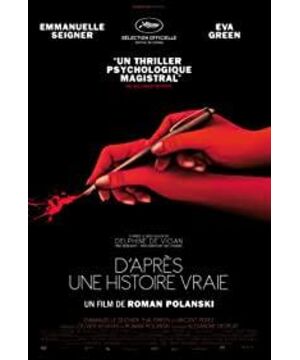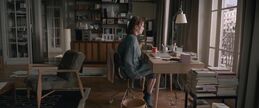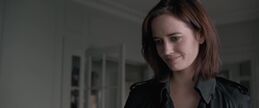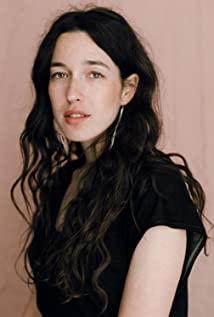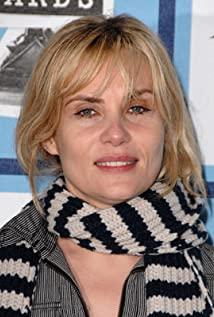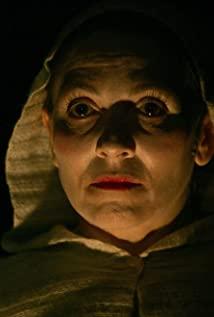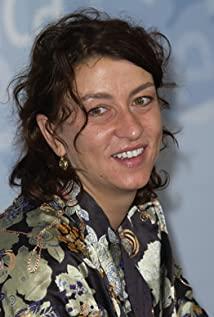Roman Polanski is over eighty years old, Spielberg is 11 years old and is still making movies.
Who can ask, is Lian Po old enough to have enough food?
Compared with Roche's previous works, this "Adapted from the Truth" has more ideas, less sensibility, a bit dull plot, and a bit of disintegration. But it is undeniable that it is still difficult to replace, and it bears the brand of Polanski.
The writer Diffin was entangled due to exhaustion of creative power. At this time, a top book fan named Ella took advantage of the emptiness and the story unfolded. The first half of the movie is similar to Stephen King's "Ten Days of Danger", and the second half is a bit of "The Shining".
A master director, who is more than a few years old and short in time, why bother to spend energy on filming?
The answer is simple, this film is not a job, Polanski does have something to say. What is unsatisfactory is that the age is there, and the strength is not enough. The second is that the movie portrays the struggle between the creators and the beasts. If it is not for the people in the game, it is difficult to resonate.
Wilde said that the purpose of art is to show art itself while hiding the artist.
The artist uses this smoke bomb with one heart and one mind.
For example, Haruki Murakami's new book "Assassination of the Knight Commander", the protagonist is a painter, not a writer, which is a layer apart. In Polanski's "Adapted from the Truth", the protagonist is a writer rather than a director, and a woman rather than a male. This is separated by two levels.
Although artists are reclusive, they often show fox tails.
Needless to say, "The True Story" is adapted from Roche's "True Story", which reproduces Polanski's creative mind.
As a creator, director or writer, there is probably a process: life experience brings creative impulse, and creative impulse combines specific art forms (such as movies, novels, poems, etc.) to form works. After the works become popular , The creator finds a "routine", the routine is played to the end, and it enters the creation bottleneck.
After entering the bottleneck, the creator's destiny is threefold: 1. Continue to copy oneself and pass by; 2. Desolate, and even collapse; 3. Break through the barriers and climb new peaks.
In the movie, Difen is in a bottleneck period and has already gained a reputation. He does not want to repeat himself, but wants to seek new breakthroughs.
Breaking through yourself is easier said than done, but too difficult to do. Not only have to cut off the path dependence of the past, but also have to face the darkest part of the heart.
Take Polanski as an example, there are two deep wounds in his life: 1. When Polanski was twelve years old, his mother died in a Nazi concentration camp because of his Jewish status; 2. August 9, 1969 At dawn, his wife, Sharon Tate, was killed by Manson with sixteen stabbings. At the time of his death, Sharon was 8 months pregnant.
So far, Polanski's most classic work "The Pianist" is the poppy that blooms from the first wound. Similarly, Spielberg's "Schindler's List" also confronts his Jewish identity and reveals his most sensitive and darkest secrets for others to see.
Polanski's second wound was more tragic, bloody and heartbreaking. Roche's breakthrough after "The Pianist" may begin here.
With this understanding, look at "The Real Story Adaptation" again to get the samādhi. This film is indeed not a masterpiece, but it may be the rain before the masterpiece, and it is also a small test by Polanski to touch his second wound in search of a breakthrough.
In the film, the biggest shadow of Diffin's heart is that her husband committed suicide in the wooden house. It is not a coincidence that Polanski projected his own experience (an abnormal death of his partner) onto the role of the story.
Touching the most painful part of her heart will inevitably bring great pain. Diffin can't support it, so she fantasizes about an Ella to help her take care of everything and carry out the creation to the end.
Ella can be regarded as the "superego" of Diffin, bold and careful, never entangled, and sacrifice everything to break through the bottleneck.
In Polanski's heart, there probably exists such an Ella, who turns those dark experiences into creative nourishment.
As an artist director, there are mostly crazy factors in his blood, and it is inevitable that he will not avoid meat and vegetables in the selection of the topic.
Coincidentally, Quentin's new film "Once Upon a Time in Hollywood" is based on the Manson family, involving Roman Polanski's pain, and may "crash" with Roche's finale.
Polanski and Quentin are like ice and fire.
What Polanski is best at is not to create dramatic scenes, but to analyze the inner world of characters with a scalpel-like image language. Therefore, Polanski's film looks like a castle in the sky, rising and falling at will, but pointing straight to the heart. The outside is imaginary but the inside is solid.
Quentin, on the other hand, is a big player who is similar to madness. In order to make the absurd and unruly core appear more tension, Quentin’s films have used concrete history as the outer shell, such as "Shameless Bastard". Hitler, the southern slave owner in "The Emancipated Jiang Ge", Lincoln's letter in "The Hateful Eight", and the new film "Once Upon a Time in Hollywood" directly attacked the notorious Manson family. But behind these concrete histories, there are wild imaginations and Quentin's evil tastes, that is to say, Quentin's movies are real on the outside and imaginary on the inside.
These two directors with very different styles may intersect in real and virtual images.
At that time, it is of course not this "Adaptation of Truth" that can compete with Quentin's "Once Upon a Time in Hollywood". "Adapted from the Truth" is just the tip of the iceberg of Polanski's wounds.
Polanski still has time, and I look forward to that iceberg.
View more about D'après une histoire vraie reviews


